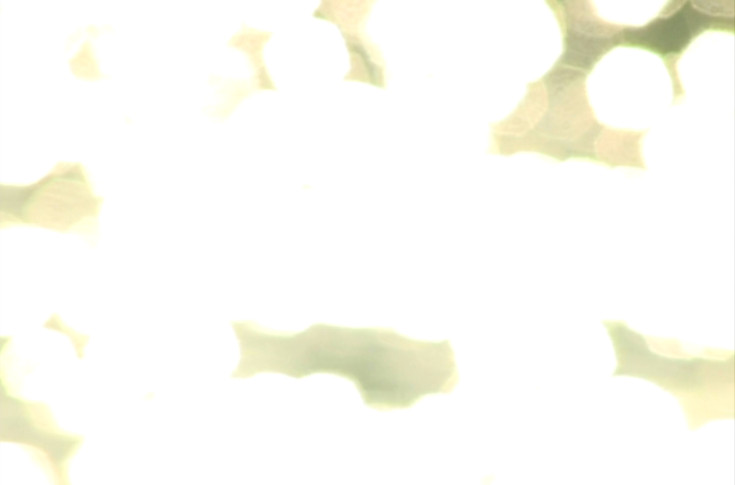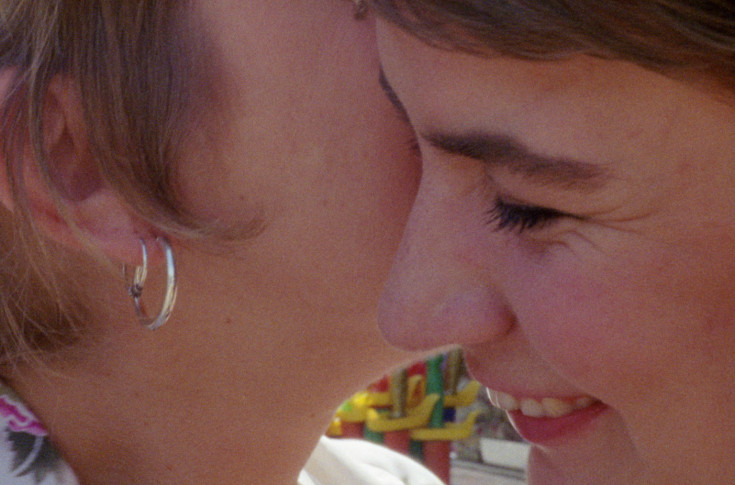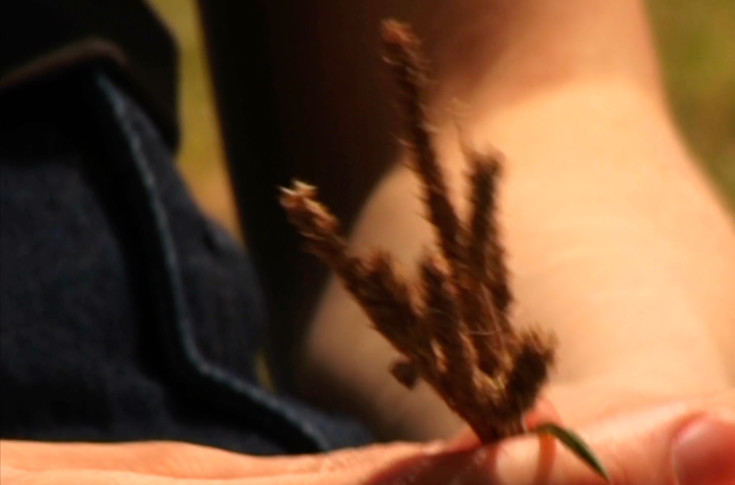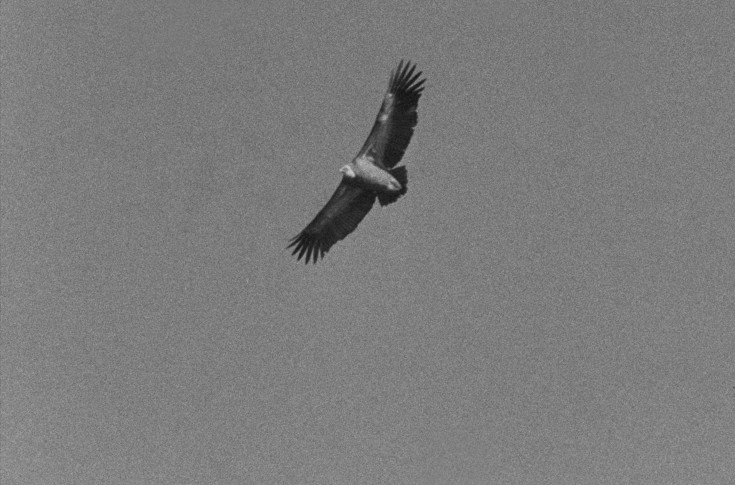Various
Between Film and Art - ENFF
"Between Film and Art" is a segment dedicated to experimental and artist-driven film in its many forms.
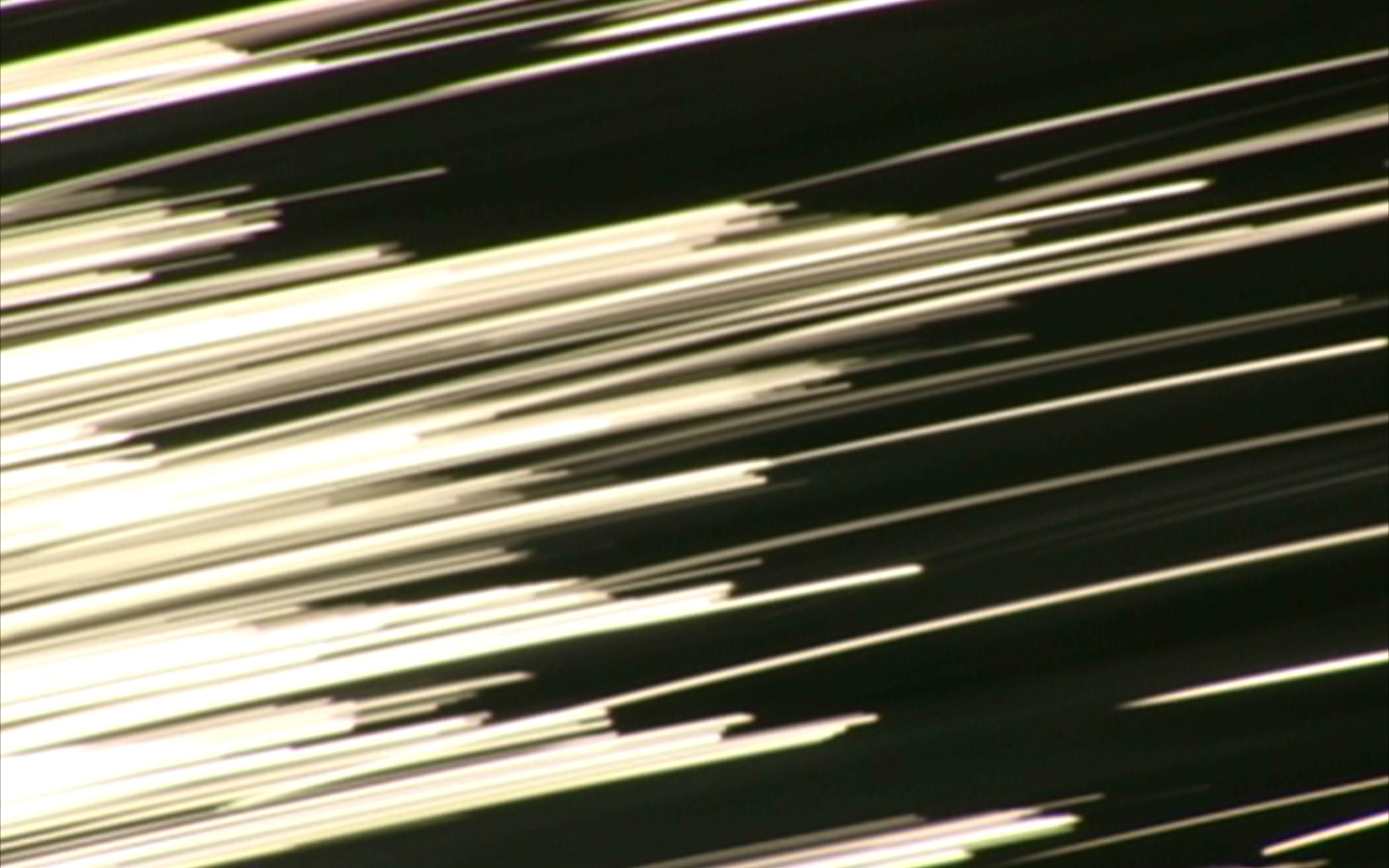
ENFF presents ’Between Film and Art’, a programme dedicated to experimental and artist-driven film. The curated program features cinema that pushes the boundaries of today’s forms and methods, engaging the broader Eastern European region’s diverse and unruly traditions of ‘other cinema.’ This year brings together two singular and lauded filmmakers, Ewelina Rosińska and Vadim Kostrov. Both work closely with their mediums – Rosińska with the material rigour and rhythms of the legendary Bolex 16mm camera, into an almost musical vision of her surrounds; Kostrov by pushing MiniDV to its outer limits and back, discovering within its low definition a space that is exactingly emotional.
Like a photo book, Earth in the Mouth (20 min, 2020) by Rosińska creates new images and relationships between them, resulting in a journey of impressions where the outlines of the world undulate. Between faith, anarchism and tourism, in Poland or Germany, between simple gestures and everyday life in Portugal, Brazil and Greece, inventing itself as it goes along.
Rosińska’s Vultures (3 min, 2021) is a single roll of film that shows an encounter with a group of birds. As the vultures circle overhead to discern the humans below, the humans frame them with their camera. An imperfect choreography unfolds: circles in the sky and rectangles from the ground, each pursuing and slipping past the other.
Éveil (11 min, 2025) belongs to Kostrov’s recent series of silent exile works shot on MiniDV, where abstraction becomes a mode of processing loss into imagination. Shot in late February 2025 in northern Paris, the first breeze of spring after winter. A cinema of impressions: foliage, light, and surfaces dissolve into abstraction and perceptual play. A dawning where grief and disillusionment meet a fragile opening toward transformation.
Donnez-nous la paix (15 min, 2025) – Kostrov’s latest, a world premiere – was shot in Roscoff and Île-de-Batz, Bretagne, France. Captured briefly along the way, Kostrov and his companions move through the unknown landscape in displacement. Their contours blur under his camera's inspection and movement – looking not at, but into, with and through – giving physical presence to the gestures and textures of the world. The title comes from an inscription found on a cottage there – from another time, another context: the same antiwar plea.
The screening will be followed by a Q&A with the filmmakers and programmer.
Note: The program of ’Between Film and Art’ has recently been changed. For more info, read the festival statement on this. Thanks to the filmmakers and audiences.
ENFF presenteert ’Between Film and Art’, een programma gewijd aan experimentele en door kunstenaars gedreven film. Het samengestelde programma toont cinema die de grenzen van hedendaagse vormen en methoden verlegt, en die inspeelt op de diverse en onstuimige tradities van ‘andere cinema’ in de bredere Oost-Europese regio. Dit jaar brengt het twee unieke en geprezen filmmakers samen: Ewelina Rosińska en Vadim Kostrov. Beiden werken nauw samen met hun medium – Rosińska met de materiële precisie en ritmes van de legendarische Bolex 16mm-camera, tot een bijna muzikale visie van haar omgeving; Kostrov door MiniDV tot het uiterste te drijven en weer terug, waarbij hij in de lage resolutie een ruimte ontdekt die bijzonder emotioneel is.
Als een fotoboek creëert Earth in the Mouth (20 min, 2020) van Rosińska nieuwe beelden en relaties daartussen, resulterend in een reis van indrukken waarin de contouren van de wereld golvend lijken. Tussen geloof, anarchisme en toerisme, in Polen of Duitsland, tussen eenvoudige gebaren en het dagelijks leven in Portugal, Brazilië en Griekenland, vindt het zichzelf uit terwijl het zich ontvouwt.
Rosińska’s Vultures (3 min, 2021) is een enkele rol film die een ontmoeting met een groep vogels toont. Terwijl de gieren cirkelen boven om de mensen beneden te bekijken, kaderen de mensen hen met hun camera. Er ontvouwt zich een onvolmaakte choreografie: cirkels in de lucht en rechthoeken vanaf de grond, die elkaar achtervolgen en telkens weer passeren.
Éveil (11 min, 2025) behoort tot Kostrov’s recente reeks stille ballingschapsfilms, geschoten op MiniDV, waarin abstractie een manier wordt om verlies te verwerken tot verbeelding. Gefilmd eind februari 2025 in het noorden van Parijs, de eerste lentebries na de winter. Een cinema van indrukken: bladeren, licht en oppervlakken lossen op in abstractie en perceptueel spel. Een dageraad waar verdriet en teleurstelling een kwetsbare opening naar transformatie ontmoeten.
Donnez-nous la paix (15 min, 2025) – Kostrov’s nieuwste, een wereldpremière – is gefilmd in Roscoff en Île-de-Batz, Bretagne, Frankrijk. Kort onderweg vastgelegd bewegen Kostrov en zijn metgezellen zich door het onbekende landschap in verplaatsing. Hun contouren vervagen onder zijn camera-inspectie en beweging – niet kijkend naar, maar in, met en door – waardoor de gebaren en texturen van de wereld een fysieke aanwezigheid krijgen. De titel komt van een inscriptie op een huisje daar – uit een andere tijd, een andere context: dezelfde anti-oorlogsoproep.
De vertoning wordt gevolgd door een Q&A met de filmmakers en de programmeur.
Opmerking: Het programma van ’Between Film and Art’ is recent gewijzigd. Voor meer informatie, lees de festivalverklaring hierover. Dank aan de filmmakers en het publiek.
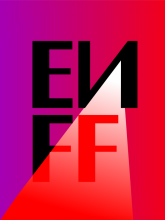
Eastern Neighbors Film Festival 2025
Discover more about the Eastern Neighbours Film Festival – where cinema from Eastern and Southeastern Europe takes centre stage. From 5 to 9 November 2025, explore the full line-up of films, events, and special guests featured in this year’s edition at Filmhuis Den Haag. For the full program, click here.
